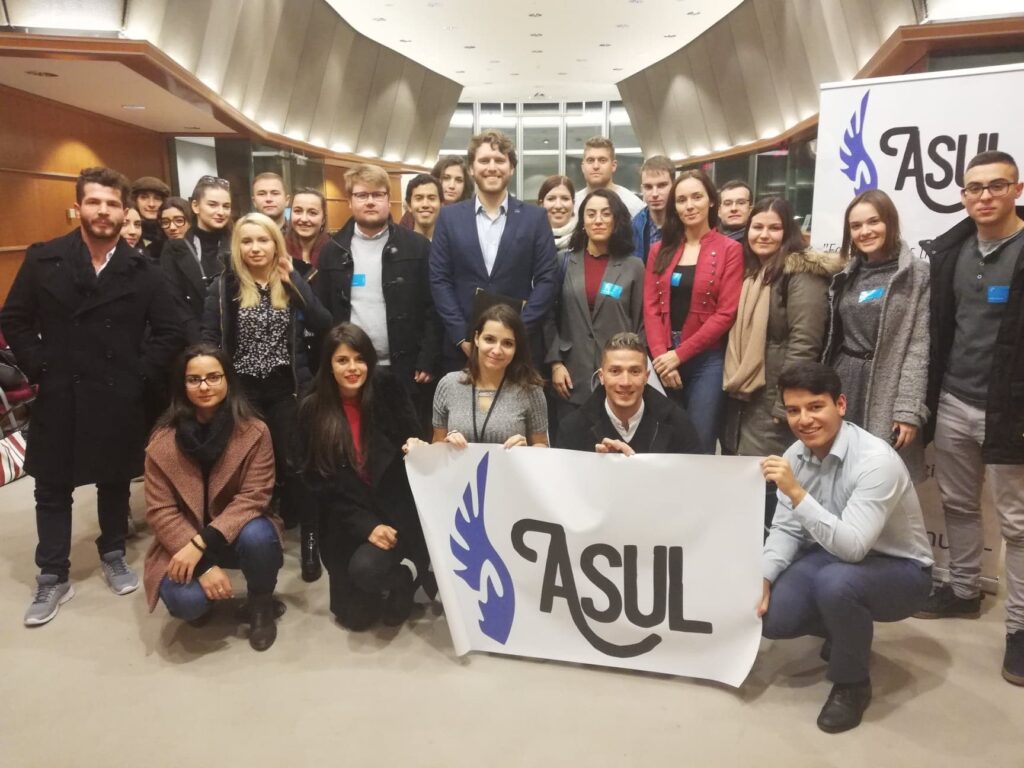Over the last several years, many EU countries have seen a rise in support for populist, nationalist, antiestablishment political parties. These parties are often termed “Eurosceptic” because many have also been fueled by worries that too much national sovereignty has been relinquished to Brussels. Although not a completely new phenomenon in the EU, the recent uptick in support for such parties largely began in response to Europe’s economic stagnation, refugees crisis, austerity measures, and the Eurozone crisis. Increasingly, however, heightened fears about immigration and the sizeable migrant and refugee flows appear to be driving rising poll numbers for populist and/or Eurosceptic parties, especially those that harbor anti-immigrant sentiments.
As member states fall into the hands of Eurosceptic and nationalist parties, for many the future of the Union seems hopeless. People are disillusioned, failing to see the added value in the community of nations they once voted to join. Institutions are struggling, unable to regain their citizens’ trust, or even to reach them at all. Consequently, the EU is facing its biggest threat in its history, a crisis of European identity.
According to EU leaders, education and culture have to play a pivotal role for people to know better each other across borders, and experience and be aware of what it means to be “European”. Moreover, a common vision (also called vision for 2025) coming out from this meeting is a Europe in which people have a strong sense of their identity as Europeans.
Considering all this, the main aim of “EUnique identity” was to strength the sense of belonging together and equip youth workers with competences and methods needed for transferring the common fundamental values of our society in their local context.
The project involved 24 youth workers/youth leaders, with no age limit. Socially active youth workers with a role in local communities and interested in promoting EU initiatives, EU common identity and sharing of EU values in their local contexts.
The project methodology was based on non-formal education (NFE) methods, valorising the knowledge and experiences of the participants. Methods included inputs, working groups, exercises, debriefing, ice breakers, energizers, outdoor events, study visits, reflection groups and working into intercultural subgroups and facilitated discussion.
This project had a positive impact and longer term benefits on participants because participants had:
-Developed new skills and knowledge in key concepts of European Citizenship and raise the impact of their work;
-Knew the existence and how react to the spread of “fake news”;
-Developed the capacity of networking and of working in an intercultural team;
-Improved the sense of criticism by evaluating their previous youth projects in an auto-critical way;
-Increased the attitude of an active and conscious participation in the democratic life of the EU in their local contexts, starting from the next European parliament elections of 2019.
-Increased the network with colleagues from other countries and organizations with the aim to create initiatives to respond to the common challenges of populism, xenophobia and terrorism that threat to EU values.
-Acted as multipliers of knowledge acquired in their local area, especially of other Erasmus+ projects giving educational opportunities to the youth of the local context.

